What Makes a Passport Truly Powerful?
Let’s get one thing straight: your passport is more than just a travel document — it’s a golden key to the world. It tells a story about where you’re from, but more importantly, it shows how far you can go. Whether you’re booking a last-minute vacation or sealing an overseas business deal, the strength of your passport can either open doors or hold you back.
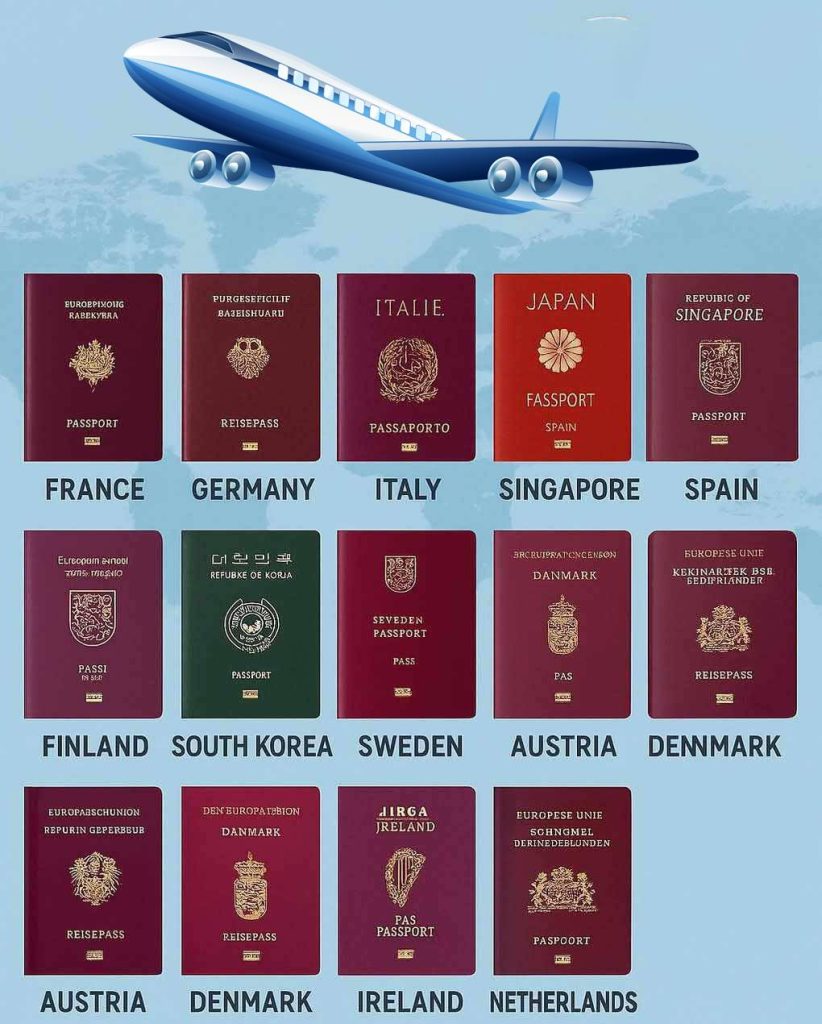
In 2025, the global passport power shift is more dramatic than ever. The latest Henley Passport Index, which ranks countries by the number of destinations their citizens can access without a prior visa, is shaking things up. Some nations have climbed the ladder fast, others have fallen behind — and no, the U.S. isn’t sitting at the top.
So, who rules the passport game this year? And how does India stack up? Let’s unpack the top 10 most powerful passports of 2025.
Video: Top 10 most powerful passports in the world 2025
Singapore: Still the Undisputed Champion
It’s official — Singapore once again holds the most powerful passport on the planet. With visa-free or visa-on-arrival access to 195 countries, Singaporeans can travel more freely than anyone else.
This isn’t just about geography — it’s about strategy. Singapore has cultivated strong diplomatic ties across continents, while maintaining a world-class economy and high-security standards. Its reputation as a tech hub and financial epicenter only boosts global trust. Simply put: when a Singaporean passport shows up at border control, doors open.
Japan Slips to Second, But Remains a Powerhouse
Once a long-time titleholder, Japan now ranks second with access to 193 destinations. Still impressive, and certainly nothing to scoff at.
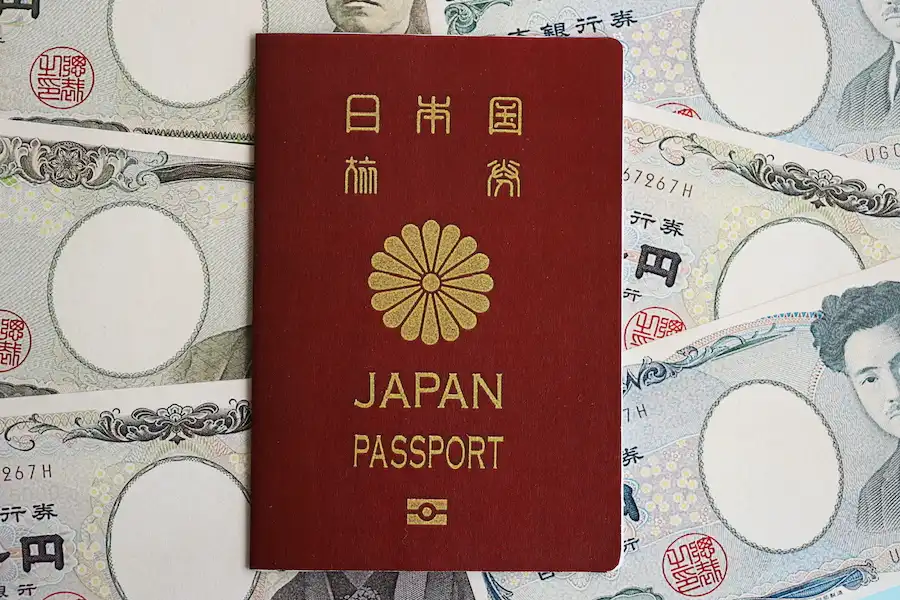
Despite the dip, Japan’s passport remains one of the most respected globally. It owes this status to its international diplomacy, strong economy, and excellent bilateral agreements. The recent restoration of visa-free travel to China has helped its mobility profile in Asia bounce back post-pandemic.
France, Germany, Italy, Spain, Finland, and South Korea: Tied at Third
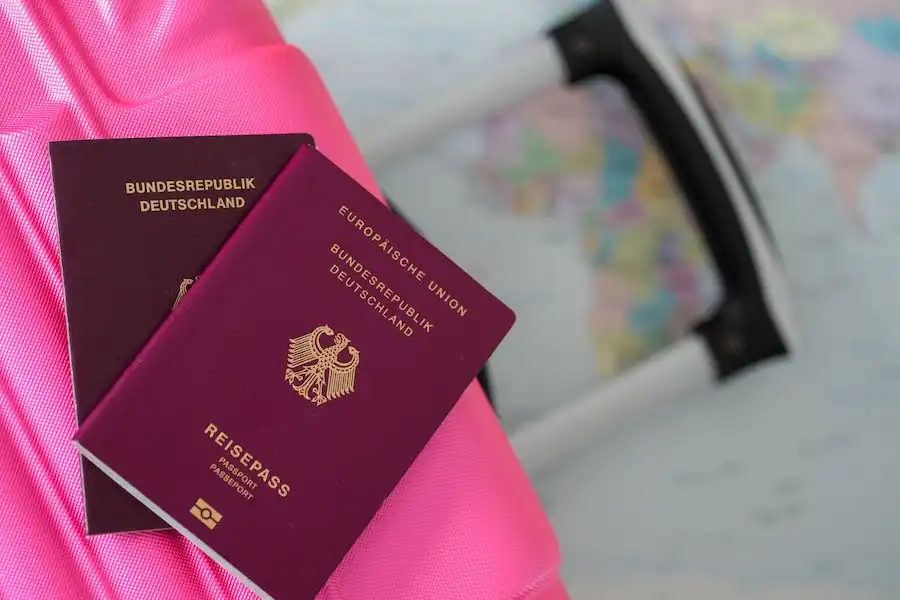
Six nations share the bronze medal with 192 visa-free destinations.
- France, Germany, Italy, Spain, and Finland enjoy seamless European Union travel benefits through the Schengen Agreement.
- South Korea, standing tall among Asian countries, is riding the wave of global K-culture, strong exports, and diplomatic finesse.
This tie isn’t just about proximity — it’s a testament to economic strength, global cooperation, and cultural influence.
Austria, Denmark, Ireland, Luxembourg, Netherlands, Norway, Sweden: Fourth Place Club
Next in line, seven countries are tied in fourth, boasting 191 accessible destinations each.
These nations benefit from high standards of living, economic resilience, and robust participation in international agreements. Ireland, for example, continues to enjoy strong transatlantic ties with both the U.K. and the U.S. Meanwhile, Luxembourg and Sweden shine through global financial leadership and international diplomacy.
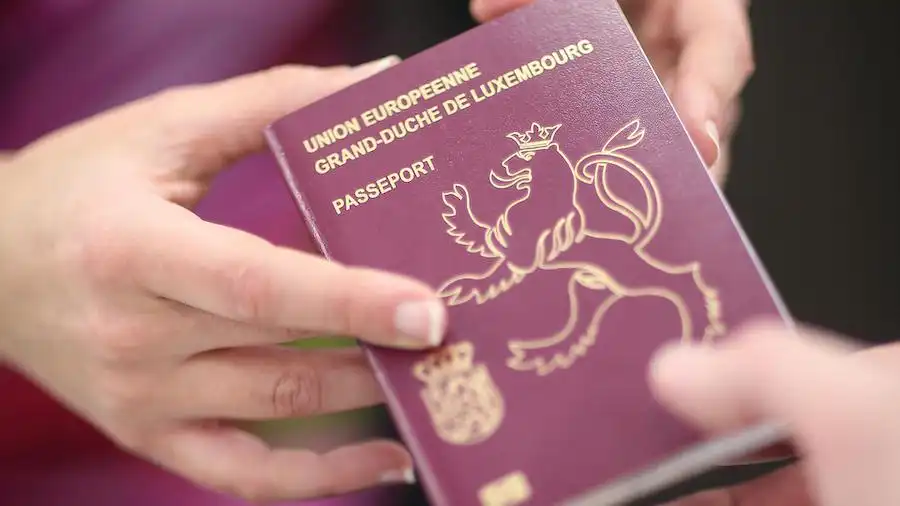
UK, Belgium, Switzerland, Portugal, New Zealand: Shared Fifth Place
190 visa-free countries land these nations in fifth place.
- The United Kingdom, still recovering post-Brexit, has seen a modest rebound thanks to new bilateral pacts.
- New Zealand keeps climbing, powered by low corruption, safety, and a globally admired government.
- Portugal’s investment visas have earned global goodwill, while Switzerland and Belgium ride on neutral diplomacy and financial influence.
Sixth Place: Australia and Greece
Both Australia and Greece offer access to 189 destinations, earning a solid sixth-place rank.
Australia’s passport continues to command global respect due to political stability, strong alliances, and high living standards. Greece, while smaller in size, benefits enormously from its EU membership and rich diplomatic history.
Canada, Poland, Malta: Holding Strong at Seventh
These three nations provide access to 188 countries.
Canada, a top immigrant destination, maintains its powerful status thanks to friendly visa policies, a reputation for tolerance, and rock-solid international ties. Poland and Malta, both rising European stars, gain strength through economic development and their EU membership perks.
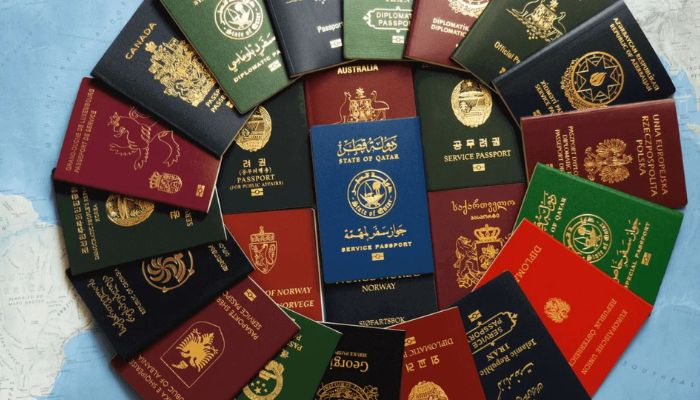
Hungary and Czechia: Eighth Position with Pride
Hungary and Czechia (formerly the Czech Republic) share the eighth spot, offering visa-free access to 187 nations.
Strategically located in Europe, both countries leverage their growing economies, tourism appeal, and strong EU foundations. While they may not dominate headlines, they certainly dominate mobility.
United States and Estonia: Surprisingly in Ninth
This might surprise you — the U.S. passport only grants access to 186 destinations in 2025, placing it at ninth.
Why the dip? Geopolitical tensions, tighter immigration policies, and reciprocal restrictions from countries like China and Russia have impacted American travelers’ freedom. Still, the U.S. passport remains strong in global influence and business access.
Estonia, meanwhile, climbs the ranks thanks to its groundbreaking digital policies and tech-forward global reputation.
Video: 2025 World Most Powerful PASSPORT|Global PASSPORT 🛂 Ranking|Compare 199 COUNTRIES
Tenth Place: UAE, Slovenia, Lithuania, Latvia
Breaking into the top 10 for the first time, the United Arab Emirates (UAE) is the success story of the decade. With 185 destinations visa-free, the UAE proves how far strategic diplomacy can go.
Its dramatic 32-place rise in ten years shows how investment in soft power, global trade, and foreign partnerships can redefine a nation’s global access.
Slovenia, Lithuania, and Latvia round out the tenth position, benefiting from EU support and expanding economic and cultural diplomacy.
Where Does India Rank in 2025?
Now, the big question: how powerful is India’s passport this year?
Unfortunately, India still lags behind the top-tier rankings. As of 2025, the Indian passport grants visa-free or visa-on-arrival access to around 62 destinations, placing it much lower on the global list.
Factors like ongoing regional conflicts, slower diplomatic negotiations, and security concerns contribute to the limitations. However, as India expands trade, boosts tourism, and strengthens ties with countries in the Middle East and Southeast Asia, experts predict gradual improvement.
Conclusion
Passports aren’t just travel tools — they’re global status symbols. In 2025, Asia has flexed its power with Singapore and Japan leading the way. Meanwhile, European nations maintain a tight grip on the top ranks. And the U.S.? It’s still strong, but slipping compared to its glory days.
As countries continue to negotiate, build alliances, and redefine borders in a post-pandemic world, passport power remains a fascinating lens into how much freedom citizens truly have when it comes to exploring the globe.
So the next time you flip open that little book with your name and photo inside — remember, it might just be the most powerful thing you own.